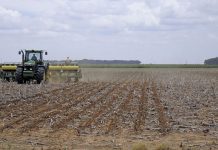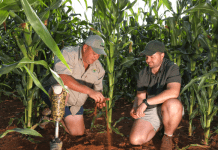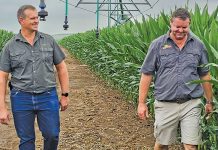The economic slowdown gives finance minister Trevor Manuel less opportunity to cut individual tax, as there’s less room to manoeuvre in the budget.
This is according to experts at the international accounting and consulting firm Ernst & Young.
The budget will be presented to parliament on 11 February.
“During an economic downturn it’s much easier for the authorities to collect revenue from individuals than from companies, and push up the tax thresholds in the process,” said David French, associate director at Ernst & Young.
In last year’s budget the corporate-tax rate was cut to 28%. Combined with an expected drop of up to 20% in company profits, this will significantly lower Treasury’s tax income.
According to Corlie Hazell, a tax director at Ernst & Young, the South African Revenue Service (SARS) will have to reach its income targets, if it’s to fulfil the social spending targets that have been set by government.
A nasty shock in the budget could be an increase in tax from 40% to 42% in groups earning R490 000/year, added Hazell.
According to Stiaan Klue, CEO of the South African Institute of Tax Practitioners (SAIT), it’s also possible that a new tax bracket and rate might be introduced for those earning more than R650 000 a year.
What could be in the budget for farmers?
It’s to be expected that some money could be set aside in the budget for agriculture and specifically small-scale farmers, in line with the ANC’s election manifesto, according to Charles MacKenzie, a tax partner at Ernst & Young. “But it won’t be a massive amount,” he said.
Johan Pienaar, deputy executive director for economics and trade at Agri SA, said more clarity on a possible insurance scheme for disaster and risk management in agriculture would be welcomed. “We also recommended that the minister increases diesel rebates for farmers,” he said, adding that allowing farmers to write off investment in agriculture against income from other sources will also be an incentive to encourage more investment.
Bennie van Zyl, general manager of TAU SA, said investment in rural safety and infrastructure has to be addressed in the upcoming budget.
“We are worried that South African is more and more becoming a social-welfare state with people becoming dependant on social grants,” he said. “Government has to play a stabilising role and create an environment in which the economy can flourish.” Van Zyl also said the budget should make more provision for disasters like drought, floods and fire. “Food security should be the bottom line when money is being allocated, otherwise it’s not sustainable and only amounts to politics,” concluded Van Zyl. – Drieka Burger.








